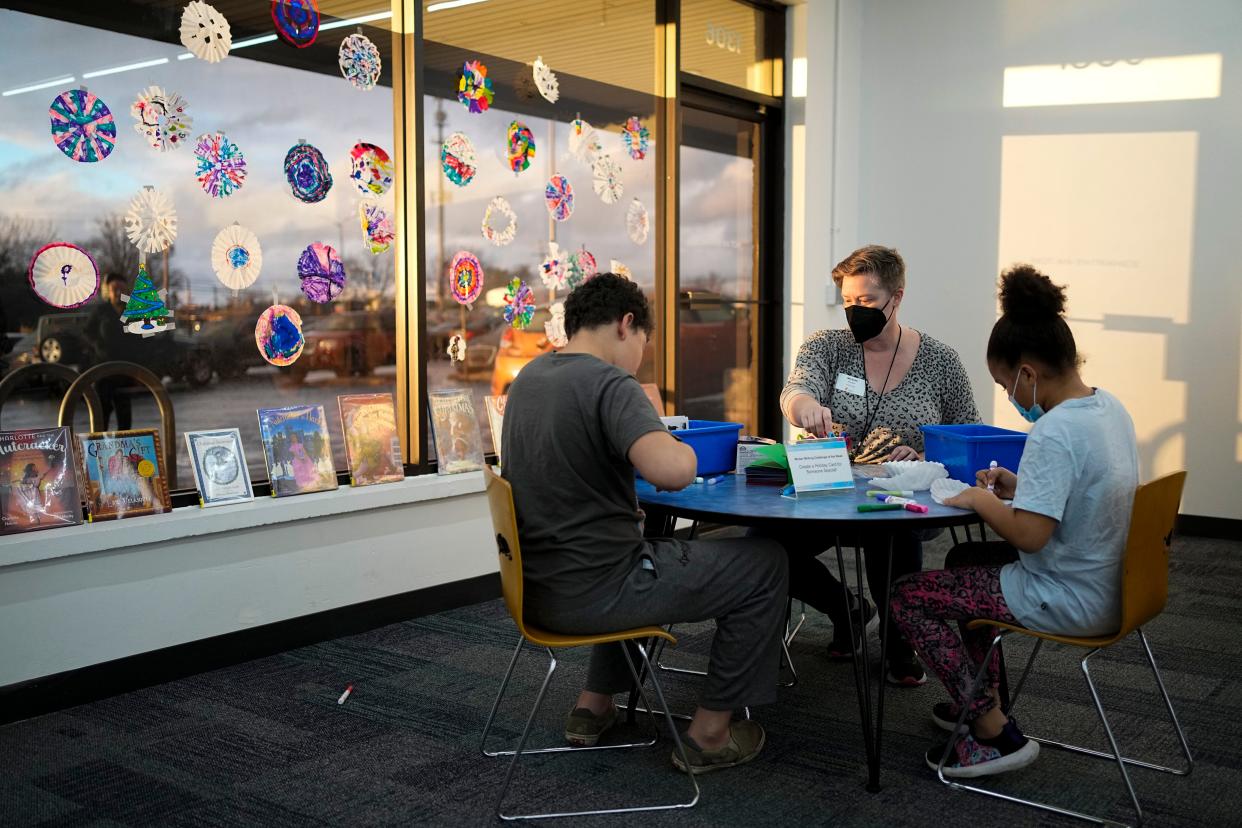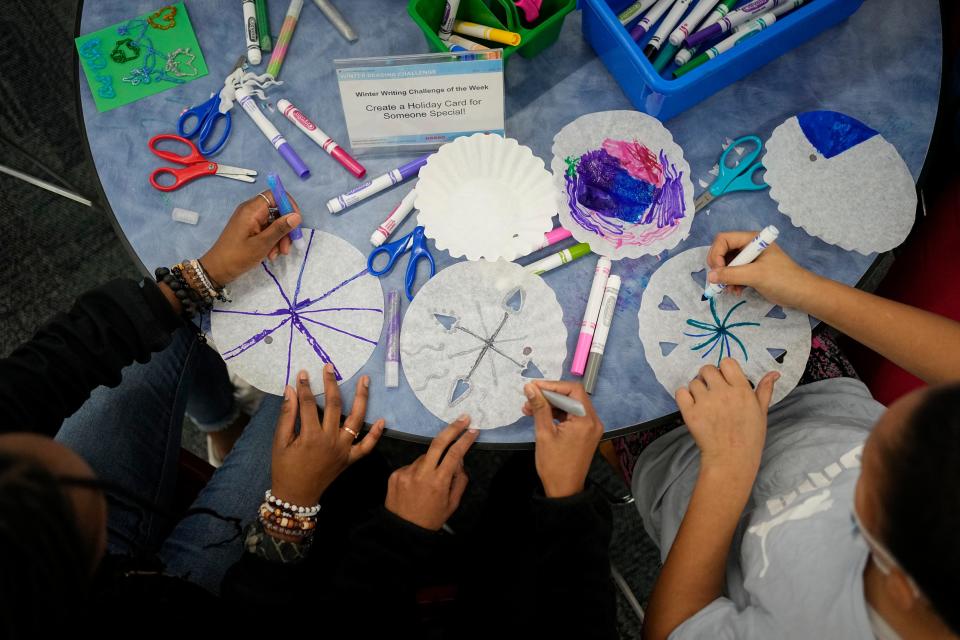How to keep students' minds active during winter break

As the end of the year draws near, students are already on or heading into winter break — up to two weeks with no school, no tests and no homework.
But the learning doesn't have to stop as Greater Columbus school districts transition into winter break. Here are some tips for keeping students' minds active and engaged during winter break.
Westerville City Schools encourages families to check out the free virtual field trips available through the Smithsonian Institution's National Museum of Natural History, which allows access to past, present and permanent museum exhibits.
“The site is set up to support virtual reality, too, so if a VR headset is on a child's gift list this year, they'll be able to use it to fully immerse themself into the exhibits and facilities,” said Westerville City Schools spokesperson Greg Viebranz.
Students can learn what they want to learn
School breaks are a great time for students to learn what they want to learn, said Nika Fabienke, senior director of the curriculum at ABCmouse.com Early Learning Academy, a subscription-based digital education program for children ages 2-8.
“Learning is more than worksheets and drills and practice,” she said. “Learning can take place as kids are building their childhood memories and having fun and playing over vacation.”
Fabienke said it's important students don’t view learning as a burden.
“We don’t want to send the implicit message that using your brain is a chore and turning off your brain is the reward,” Fabienke said. “We really want to build kids that are going to be lifelong learners, who really think of it as school is one place to learn and vacation is a more free place to learn.”
She said she encourages students to read books and listen to podcasts they enjoy, go to a local museum or interview a grandparent over the holidays.
“Don’t judge; let them be silly,” Fabienke said. “They will learn what they need to learn when they get back to school as far as content goes.”
Columbus Metropolitan Library's Winter Reading Challenge
The Columbus Metropolitan Library has a winter reading challenge in which students can win prizes for reading over winter break.
The winter reading challenge, which has students keep track of their reading progress as they read for 20 days, started Dec. 1 and continues through Jan. 31.

Students who participate in the program are given a board with different challenges on it for them to complete, such as reading a book in a series, reading a favorite book, reading a book about science and reading a book about a famous person.
“One of the things I love about this program is that it encourages kids to read a little bit every day over those 20 days because it helps build reading habits, and if we can make reading a habit with kids, that’s when you start seeing the benefits in their schoolwork,” said Sarah Wright, Columbus Metropolitan Library Young Minds Program leader.
This is the fifth year of the program, and 3,800 students participated in the program last winter. The library is expecting about 4,000 students to be involved this year, Wright said.
“Kids who read a little bit over multiple days end up seeing better reading test scores, understand more of their schoolwork,” Wright said. “It’s really remarkable what just the simple act of reading can do.”
Reading introduces students to new vocabulary, meaning they could go back to school in January with new skills they had learned by reading over winter break, she said.
@megankhenry
mhenry@dispatch.com
This article originally appeared on The Columbus Dispatch: Tips for keeping students' minds active during winter break

